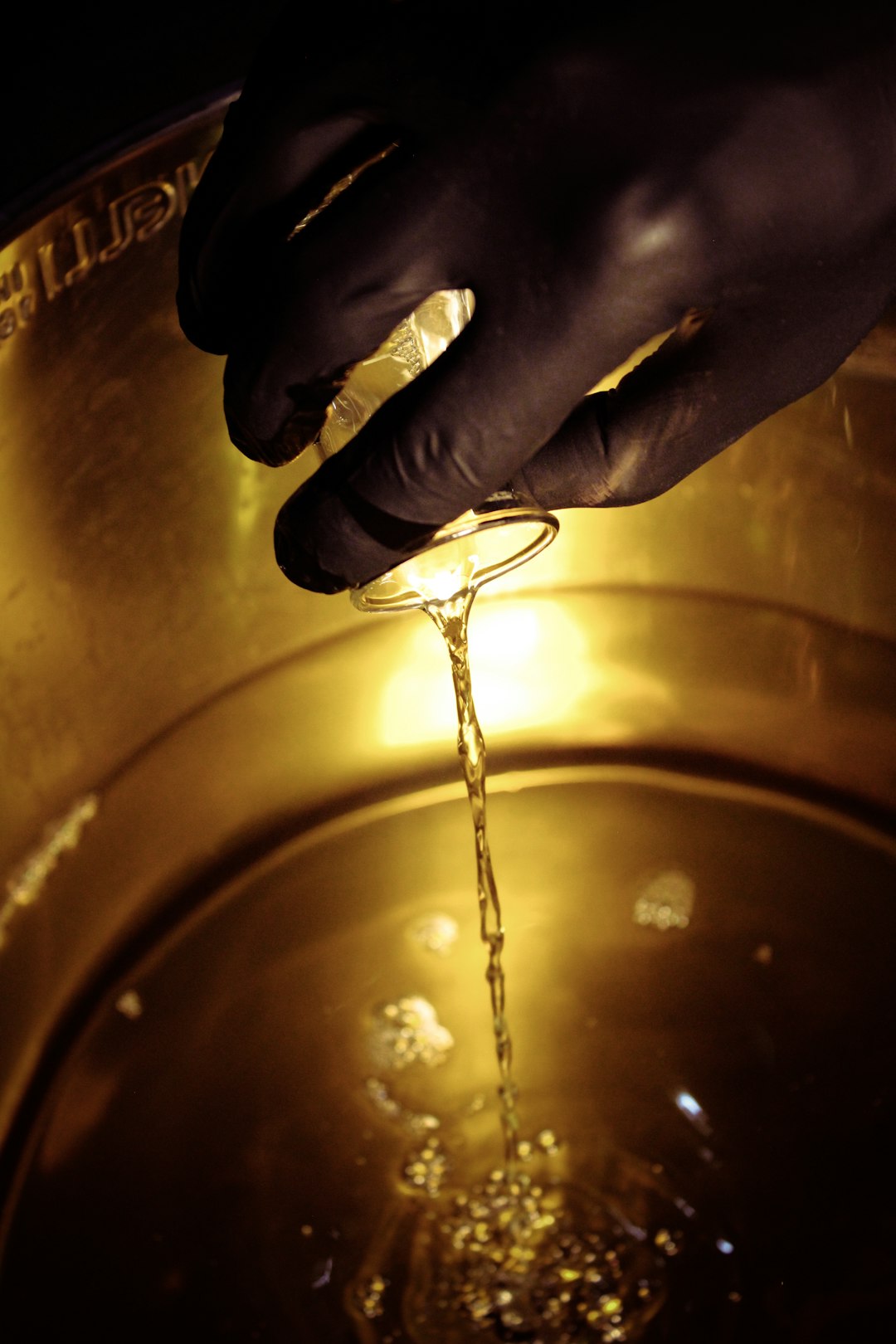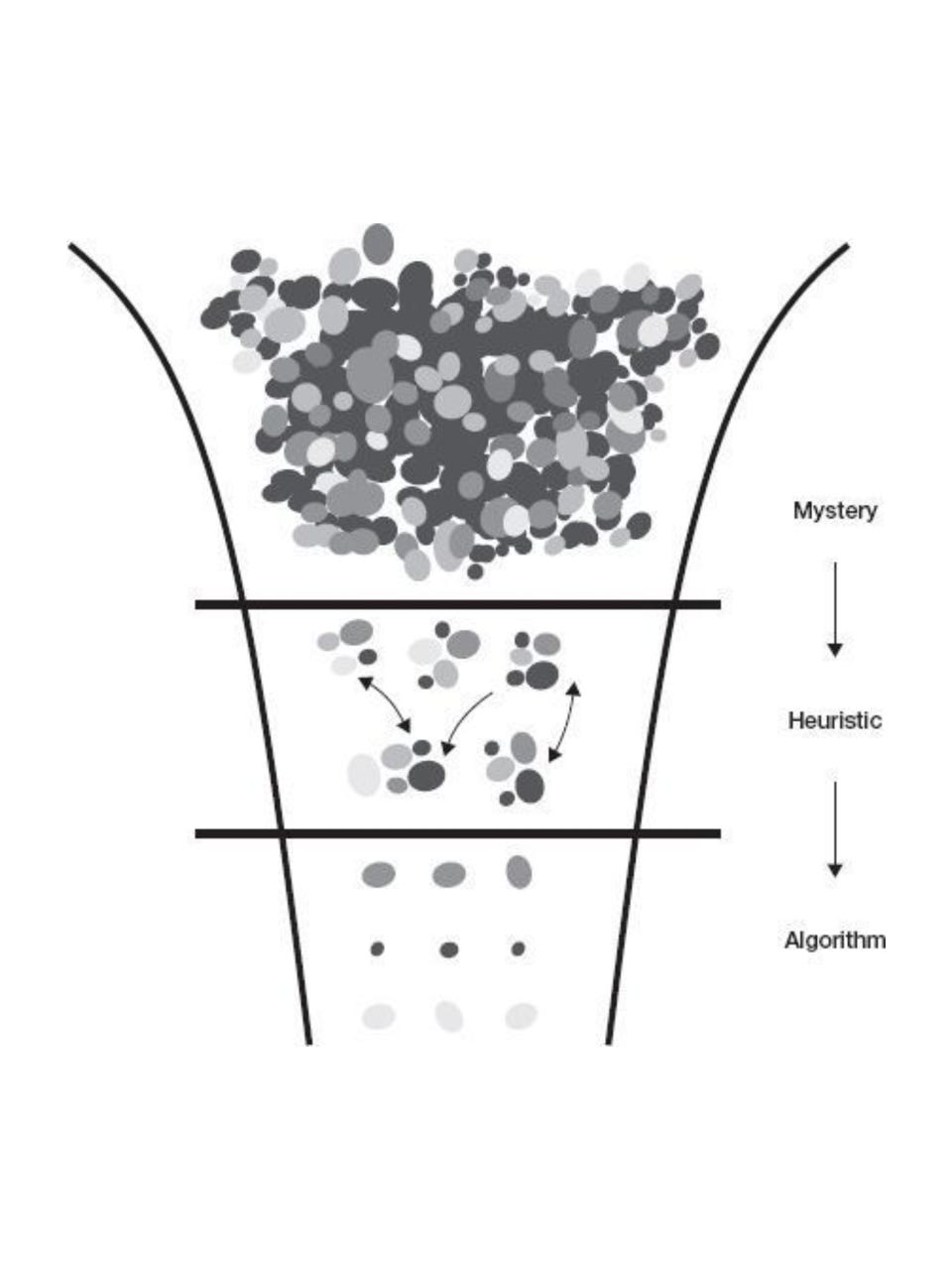Alchemy and the Artisan
Creating the future out of the remains of "normal"

I have often referred to the idea of the alchemy of change, and it’s on my mind again.
I ended last week’s post wondering about how we tread a path to creating something beautiful and meaningful to us that also makes us a living. That thought created a container of sorts into which some of what I have noticed this last week has started to ferment.
Some of it has come from reading “Imagine if - creating a future for us all”. It is the completion, by his daughter Kate, of Ken Robinson’s last book, interrupted by his death. More of a long letter than a book, it distils some of his ideas into something very worthwhile and is a fitting tribute to a great educator.
Thoughts that have dropped into the container which seem relevant to the idea of the New Artisan include knowledge and imagination. Broadly, knowledge comes in three forms - propositional knowledge - what we believe we know now; critical thinking about that knowledge; and the work to be done to find out what we want to know next.
Many of us reading this have made adequate livings from absorbing propositional knowledge and releasing it, like some form of medication, over time to those who would pay us for it. Over the course of a couple of decades, however, this form of knowledge has become ubiquitous and free thanks firstly to the internet, which provides it in its raw form. Digital social connection gives us the ability to share and discuss it in ways more powerful than we have ever had, and now AI, which will, if we choose, do the hard work of shaping it for us so we can apply it to a task at hand.
Critical thinking has had a more difficult time. It thrives in the niche of academia, where the value tends to be in the thinking rather than its application, and in the world of entrepreneurs, where gaps in current ways of working can be exploited.
For the majority of us, though, critical thinking is a risky business in organisations wedded to ideas of efficiency and productivity. Pointing out naked emperors is not welcomed by the emperor's acolytes in management ranks that rely on propositional knowledge being somehow sacred. Dogma is created early on.
As for the work of finding out what we need to know next, that seems to have been taken hostage by science and technology at the expense of the humanities. Science is powerful, but unless balanced by consideration of what it means to be human, with all the glorious inefficiencies, flaws and surprises that are the ingredients of beauty, it becomes a master, not a servant. That, it seems to me, is a perilous path.
Imagination is a very different and wild creature. It is what powers science but owes it no homage. Science is but one product of our imagination. The humanities paint in brighter, if less concrete, colours. Turning heuristics into algorithms is more profitable and measurable than turning mysteries into heuristics, but mysteries matter.
As best we know, our ability to imagine is more powerful than other creatures on the planet. Our ability to communicate with each other amplifies the power of imagination to the nth degree in whatever realm we choose.
Imagination is our ability to bring to mind things that are not immediately present to our senses…images of things we have never experienced to take us to that liminal world of the imaginary in some form of hallucination. Our imagination gives us the power to envision a future and is an essential part of being able to create it.
Summarised from “Imagine if… Page 4
This brings us to creativity, our human ability to turn imagination into something tangible. Of all our human qualities, creativity is the most awesome. It can take us in all manner of directions, from good to evil, yet we relegate it to a footnote in education and training. We regard it as a personal quality, not the inborn ability we all have, but which we educate out of people in favour of process. Something to be harnessed to improve productivity or enhance some other aspect of an inherently destructive economic model rather than replace it. I think we have turned creativity into some form of exotic creature that we keep in a zoo to show our children, with a warning not to get too close because it’s dangerous.
It is why the Artisan in us is so important right now. The Artisan doesn’t seek to tame imagination but rather learns to dance with it. To harness the power and mystery of art in the pursuit of creating something beautiful, tangible, and useful. Less the zookeeper of the industrial model and more the ranger looking after endangered species in the wild.
So, just how might we think about treading a path from where we are to creating something beautiful and meaningful to us that makes us a living?
Resource: Imagine if… Ken Robinson & Kate Robinson. Penguin



